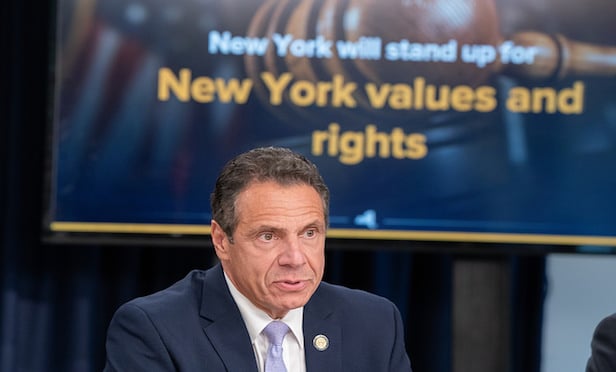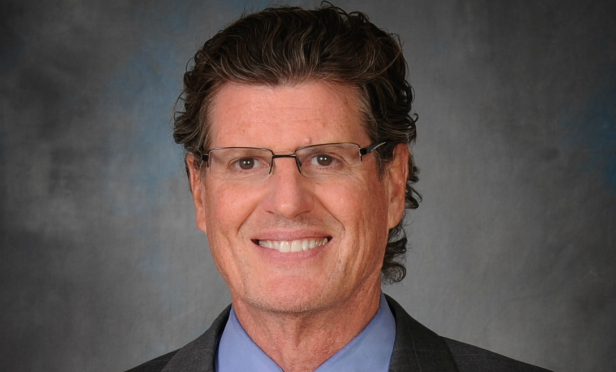LOS ANGELES—Creating a revolving fund to finance clean energy and energy efficiency projects could dramatically increase the economic impact of Proposition 39 – the California Clean Energy Jobs Act—to well over $1 billion. That is the conclusion of a study conducted for the Los Angeles Business Council Institute by a research team at UCLA. The measure could also create an estimated 21,000 green jobs in the Golden State, the report adds.
The LABC Institute, which is dedicated to strengthening the sustainable economy of California, provides a bridge between the public and private sectors to develop policies and programs that promote investment, jobs and business development. The Institute has been actively working to help the state achieve its Renewables Portfolio Standards (RPS) goals, and commissioned the UCLA study to determine how to maximize the environmental and economic benefits of Proposition 39.
Proposition 39, passed by voters in 2012, requires businesses operating in multiple states to calculate their state income tax liability based on the percentage of their sales in California. A small percentage of the new taxes collected, between $50 million to $125 million per year for five years, could be invested in a loan fund for projects that support improving energy efficiency and increasing the use of renewable energy resources, and the associated jobs created by doing so.
The research team at the UCLA Luskin Center for Innovation analyzed models for investing Proposition 39 funds for renewable energy and energy efficiency. The study concluded that when compared to the other Prop. 39-funded grant programs, a revolving loan fund would quadruple total investment and job creation benefits; these benefits would be even further multiplied if private capital was invested.
“Using a revolving loan fund would bring great benefits to the economy and the environment,” said Brad Cox, chairman of the LABC Institute. “California is leading the way in sustainability, and leveraging Prop. 39 would allow us to remain the national leader in providing significant resources to help the public and private sectors shift from carbon based fuels to renewable energy, including the investment in energy efficiency programs. In the business community alone, there are in excess of four million commercial buildings in the State in need of energy efficiency retrofits.”
The UCLA research team recommends that the public revolving loan fund integrates with and/or complements existing grant programs for energy projects, such as On-Bill Repayment and Property Assessed Clean Energy (PACE) programs. The report also references existing state and private funds that have either been depleted or need to be expanded, all of which could be replenished with capital from the fund.
© Touchpoint Markets, All Rights Reserved. Request academic re-use from www.copyright.com. All other uses, submit a request to [email protected]. For more inforrmation visit Asset & Logo Licensing.






